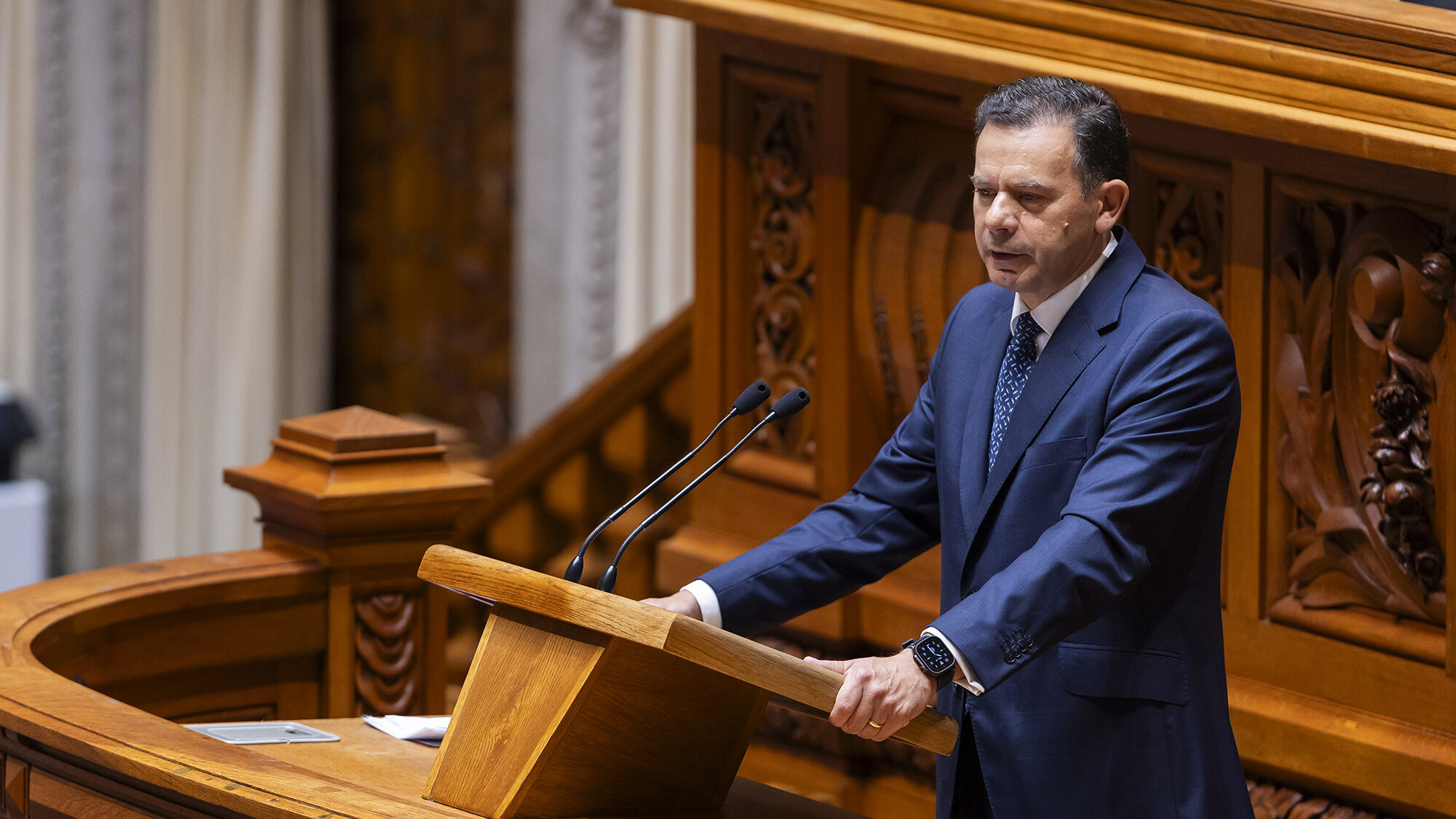Government changes labor law: extra vacation days and an end of restrictions on outsourcing
The new regime allows for extra vacation time with loss of salary but without penalties on other benefits, such as meal allowance, vacation or Christmas bonuses, nor impact on the contributor career.
The government will present to social partners a proposal containing several changes to labor law, including the creation of a new system that allows for an extra day of vacation with loss of pay, but without penalties for other benefits (such as meal, vacation, or Christmas bonuses, or old-age pensions); the establishment of a minimum service percentage for strikes; and the end of restrictions on outsourcing, ECO has learned.
Furthermore, the call for the social consultation meeting, scheduled for Thursday, July 24th, has as its sole agenda item “monitoring the implementation of the tripartite agreement on wage appreciation and economic growth 2025-2028, related to Chapter V – Labor Legislation”.
These are important issues for employers. The president of the Portuguese Business Confederation (CIP), Armindo Monteiro, and the leader of the Portuguese Confederation of Commerce and Services (CCP), João Vieira Lopes, have advocated for extra vacation days with the corresponding loss of pay, but without compromising other benefits, such as meal or vacation allowances, or the counting of time for unemployment benefits or retirement pensions.
The establishment of “objective” rules for minimum services during strikes and the end of the ban on subcontracting or outsourcing after layoffs are other employer demands that will be met by the Executive. This last measure has already been validated by the majority of Constitutional Court justices, opposing the understanding of employers’ confederations, which consider it to violate the Constitution. Even so, the Ministry of Labor intends to eliminate this rule. “It’s about eliminating inequities from the Decent Work Agenda”, stated Armindo Monteiro, speaking to ECO.
Regarding extra vacation days, the proposal on the table, which the minister Maria do Rosário Palma Ramalho will present to employers’ confederations and unions on Thursday, calls for the creation of a specific system in labor law that allows employees to take one or more days off, with the corresponding loss of salary, by agreement with the employer and without prejudice to other benefits.
For example, if an employee earns a gross monthly salary of €1,000 and works 40 hours per week, if they request two extra days, they will receive two fewer days of work that month, equivalent to €90.90, considering that each day is worth €45.45. However, absences will not count as sick leave, so the employee will receive full meal, vacation, and Christmas bonuses. There will also be no penalty on their contribution record for unemployment benefits or old-age pensions.
Regarding strikes, the goal is to define a specific percentage to guarantee minimum service operation and avoid cases like the strike by CP – Comboios de Portugal in May, in which the Arbitration Court decreed a minimum service of 15%, but the company decided not to comply with the order because it would compromise “the minimum safety standards for users accessing train station platforms and using trains”. Later, after CP appealed, the Court of Appeals ultimately ruled in CP’s favor, considering that minimum service should have been set at 25% of the scheduled capacity.
At the time, the strike led the Prime Minister and leader of the PSD (Brazilian Social Democracy Party) to advocate for a review of the strike law, an intention that was enshrined in the Government Program. Luís Montenegro used this case and the subway and Carris shutdown on the eve of Saint Anthony’s Day to justify the changes during the Government Program debate in Parliament. “On a festive day, scheduling a plenary session all night until 6 a.m. to disrupt all other citizens does not comply with the principle of balance in the exercise of rights, and political power must assume its responsibilities,” he said.
Montenegro reiterated the need for changes to the strike law at the first Social Dialogue meeting of the new legislature, on July 2: “We are a country with labor legislation, which is important to revisit to give companies greater competitiveness and workers the opportunity to have greater prospects for security and career advancement.”
“I shared with the social partners our intention to, through social dialogue, evaluate changes to labor law, including the strike law, thereby allowing for a greater balance between the unwavering guarantee of the exercise of the right to strike and the exercise of other rights, such as the right to work and the right to mobility to access healthcare and public services”, the Chief Executive also stated.
The intention to “balance” the right to strike was already part of the government’s program, but this time, the Prime Minister clarified that what the government wants is for “this change to ensure that, in all cases, there are minimum services that do not jeopardize the proportion between the exercise of the right to strike and the exercise of other rights”.
Maria do Rosário Palma Ramalho will propose to the social partners that they define a percentage that always guarantees minimum services in cases of strikes. This measure will be welcomed by employers’ confederations but will be the target of harsh criticism from the unions, especially the CGTP, which did not sign the tripartite agreement for wage increases.
The government also wants to eliminate the rule, authored by the last António Costa administration, that prohibits outsourcing for 12 months after job losses for functions previously performed by laid-off workers.
At issue is an article introduced in May 2023 that establishes that “it is not permitted to resort to the acquisition of external services from a third party to meet needs that were met by a worker whose contract terminated in the previous 12 months due to collective dismissal or dismissal due to job loss”. Violation of this rule constitutes a very serious infraction for those who use these services.
Former ombudsman and now Minister of Internal Administration, Maria Lúcia Amaral, considered that this restriction goes far beyond the constitutional limits on the exercise of freedom of private economic initiative. The government now wants to lift this curb on outsourcing, as employers demand. Despite this, the rule has already been backed by the Constitutional Court. In other words, it is protected from the perspective of the Basic Law.




